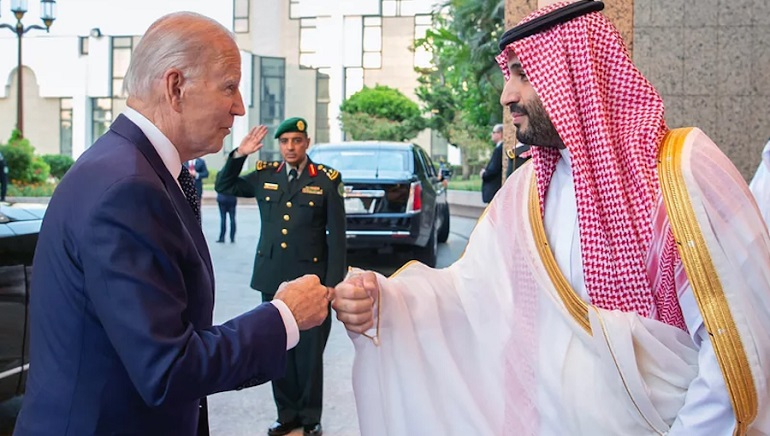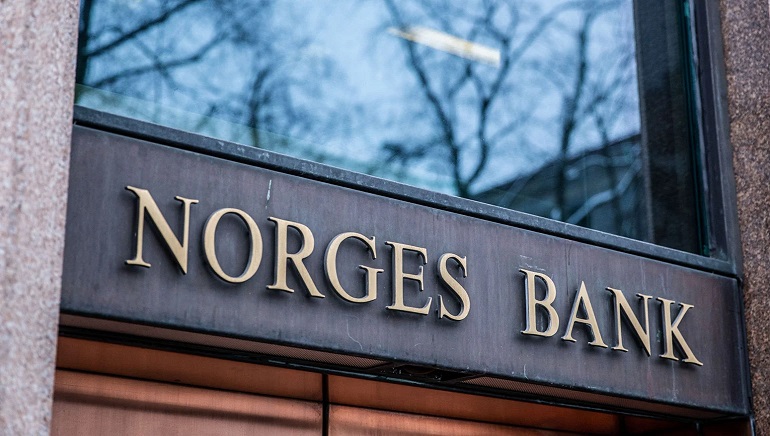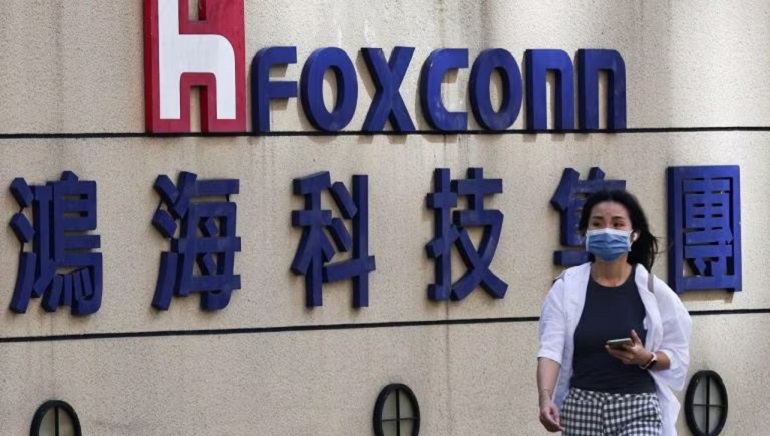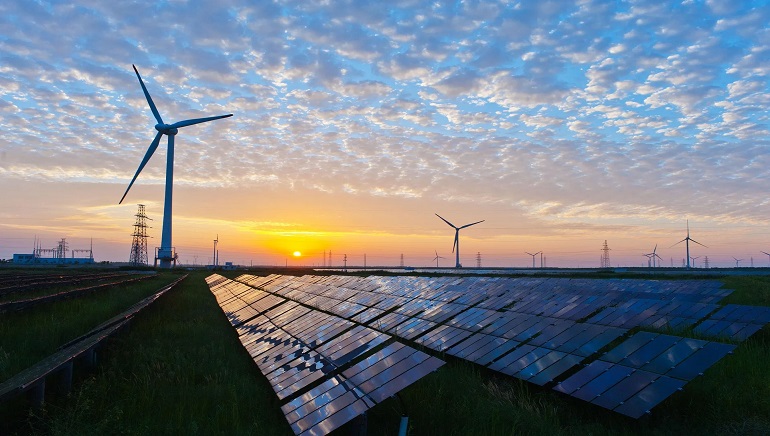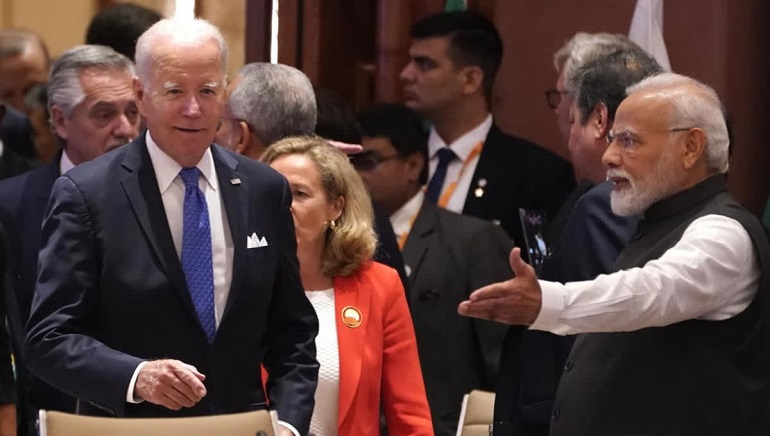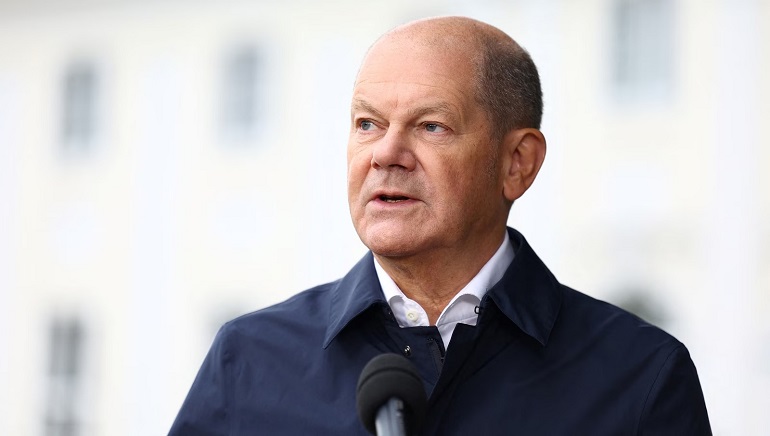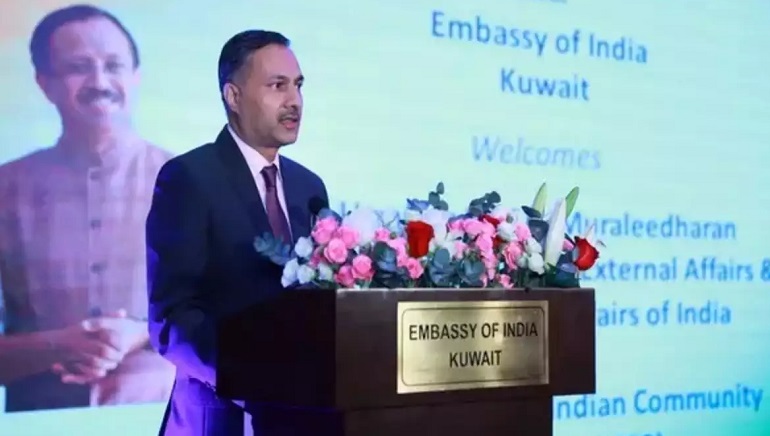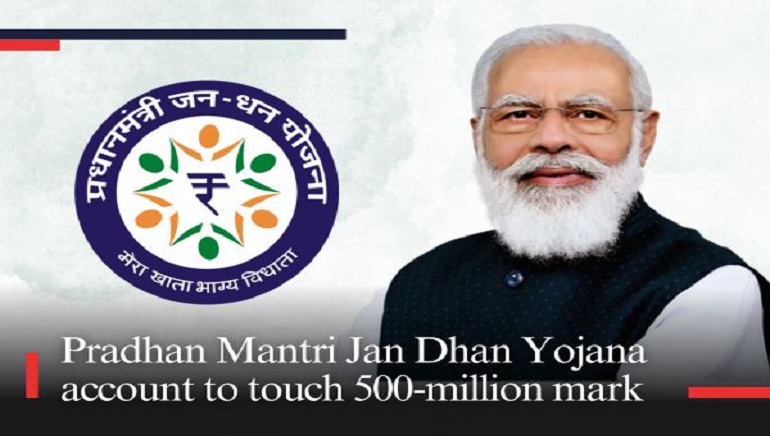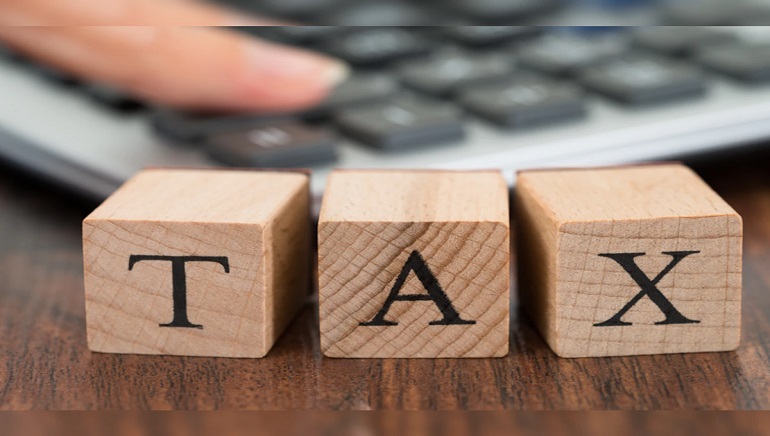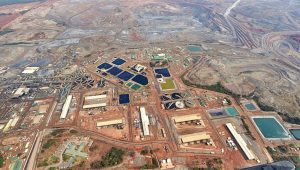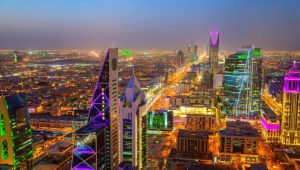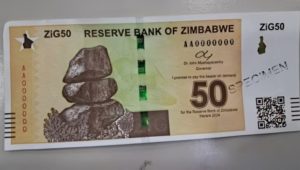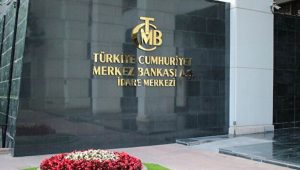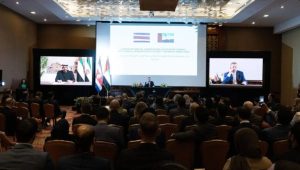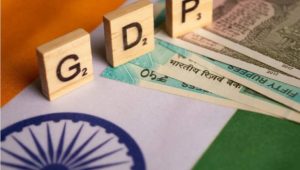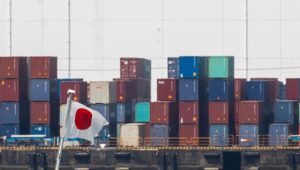The United States and Saudi Arabia are negotiating to obtain metals in Africa to support their transition to alternative energy sources, said a media report. A government-supported Saudi enterprise would purchase stakes in $15 billion worth of mining assets in African countries such as the Democratic Republic of the Congo, Guinea, and Namibia, allowing US businesses to purchase some of the production.
In July, Saudi Arabian Mining Co (Ma’aden) and the Saudi Public Investment Fund (PIF) acquired 10% of Brazilian Vale’s base metal unit in a similar deal; American investment group Engine No. 1 had acquired 3%.
The media report added that the PIF contacted Congo in June about investing $3 billion, through its joint venture (JV) with Ma’aden, into the country’s cobalt, copper, and tantalum industries. The JV between the PIF and Ma’aden, Manara is also concentrating on nickel, lithium, and iron ore.
The White House is looking for financial support from other sovereign wealth funds, but negotiations with Saudi Arabia have advanced the most, added the news report.
Metals and minerals are vital for energy transition, such as batteries for electric cars.





